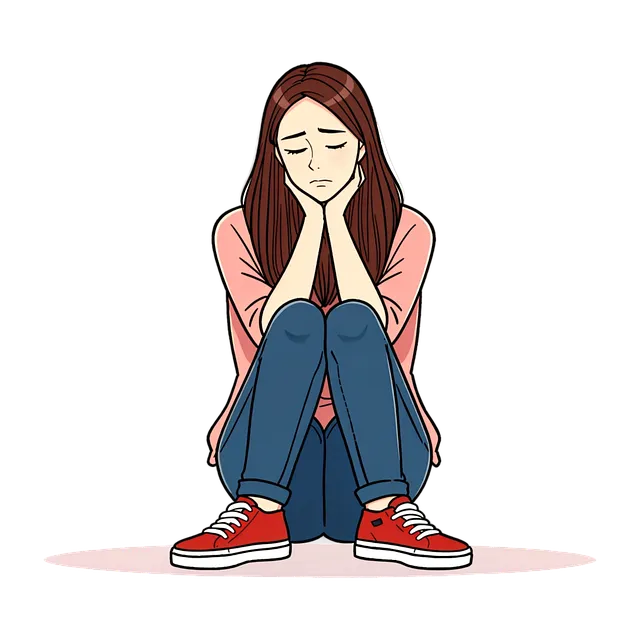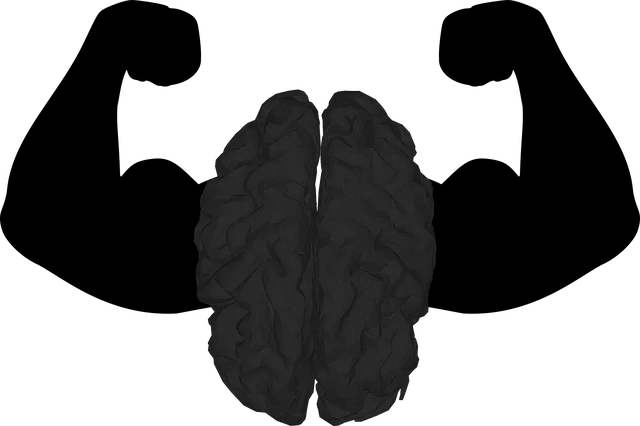The Kaiser Permanente behavioral health center in Greenwood Village focuses on empowering individuals with effective coping skills for stress and anxiety management, utilizing cultural sensitivity and tailored strategies. Their comprehensive programs include workshops, therapy, and counseling that teach self-care, emotional resilience, and risk assessment tools. By identifying personal stressors through introspection and journaling, clients learn coping techniques like compassion cultivation and cognitive reframing to challenge negative thoughts. The center promotes holistic well-being by building resilience, integrating stress management, healthy coping mechanisms, and social connections for long-term mental health.
Coping skills are essential tools for navigating life’s challenges and maintaining mental well-being. In this comprehensive guide, we explore effective strategies to enhance resilience and manage stress. From understanding the basics of coping mechanisms to practical tips from experts like the Kaiser Permanente Behavioral Health Center Greenwood Village, you’ll discover methods to identify triggers, reframe thoughts, and build lasting resilience. Learn how these techniques can transform your approach to stress and contribute to a healthier, happier life.
- Understanding Coping Skills: An Overview for Mental Well-being
- The Role of Kaiser Permanente Behavioral Health Center Greenwood Village in Teaching Effective Coping Strategies
- Identifying Personal Stressors and Triggers: A Step-by-Step Guide
- Cognitive Reframing and Mindfulness Techniques to Reduce Anxiety and Stress
- Building Resilience: Practical Tips for Long-Term Coping Skills Development
Understanding Coping Skills: An Overview for Mental Well-being

Coping skills are essential tools for maintaining mental well-being. At the Kaiser Permanente behavioral health center Greenwood Village, we recognize that effective coping strategies can significantly enhance an individual’s ability to navigate life’s challenges and promote overall resilience. Understanding coping skills involves recognizing different methods people use to manage stress, anxiety, and difficult emotions. These skills empower individuals to respond adaptively to various situations, rather than reacting impulsively or resorting to unhealthy behaviors.
Developing a robust coping repertoire is crucial for fostering mental health and preventing the escalation of issues. The Kaiser Permanente behavioral health center Greenwood Village incorporates cultural sensitivity in mental healthcare practice, ensuring that coping strategies are tailored to individual needs and respect diverse cultural backgrounds. Additionally, our professionals undergo rigorous risk assessment training to identify potential risks and implement appropriate measures when working with clients. Through ongoing mental health policy analysis and advocacy, we strive to create supportive environments that encourage the development and application of effective coping skills in everyday life.
The Role of Kaiser Permanente Behavioral Health Center Greenwood Village in Teaching Effective Coping Strategies

The Kaiser Permanente Behavioral Health Center Greenwood Village plays a pivotal role in equipping individuals with effective coping strategies to navigate life’s challenges. Recognizing that stress and mental health issues are prevalent, this center has developed comprehensive programs focused on self-care practices and emotional well-being. Through workshops, therapy sessions, and counseling services, they teach participants how to identify and manage stress triggers, fostering a healthier and more resilient mindset.
One of their key initiatives is the Risk Assessment for Mental Health Professionals, which offers valuable insights into recognizing and mitigating risks in both personal and professional settings. By integrating these strategies into daily life, individuals can enhance their ability to cope with stress, anxiety, and depression. The center’s dedicated team ensures a supportive environment, encouraging clients to embrace self-care practices as an integral part of their lives, ultimately promoting improved mental health outcomes.
Identifying Personal Stressors and Triggers: A Step-by-Step Guide

Identifying Personal Stressors and Triggers is a crucial step in any journey towards Coping Skills Development. This process begins with introspection, encouraging individuals to reflect on their unique stressors and triggers. Start by evaluating your daily life: Are there specific situations, people, or events that consistently cause anxiety or distress? These could be work-related pressures, personal relationships, financial worries, or even certain environments. At the Kaiser Permanente behavioral health center Greenwood Village, experts often guide patients through a systematic approach. They might suggest keeping a journal to log these triggers over time, helping individuals identify patterns and recurring themes.
Once identified, it’s essential to name and understand these stressors. Are they external factors or internal beliefs? This distinction is vital as it guides the development of appropriate coping strategies. For instance, if public speaking is a trigger due to past negative experiences, compassion cultivation practices from the Mental Wellness Podcast Series Production can be beneficial. Alternatively, if financial stress is a primary concern, learning budgeting skills and seeking support from professionals could be more effective.
Cognitive Reframing and Mindfulness Techniques to Reduce Anxiety and Stress

Anxiety and stress are common challenges that can significantly impact mental wellness. Cognitive reframing is a powerful tool offered by the Kaiser Permanente behavioral health center Greenwood Village to help individuals manage these emotions. It involves identifying and challenging negative thought patterns, replacing them with more positive and realistic ones. By changing how we perceive stressful situations, we can reduce anxiety and foster better coping mechanisms.
Mindfulness techniques complement cognitive reframing in depression prevention and mental wellness coaching programs development. Practicing mindfulness encourages individuals to stay present, focusing on the here and now without judgment. This simple yet effective approach has been shown to lower stress levels and enhance overall well-being. Incorporating both cognitive reframing and mindfulness into one’s routine can create a robust strategy for navigating life’s challenges at the Kaiser Permanente behavioral health center Greenwood Village or beyond.
Building Resilience: Practical Tips for Long-Term Coping Skills Development

Building resilience is a key aspect of long-term coping skills development, and it’s a vital tool for navigating life’s challenges. At the Kaiser Permanente behavioral health center in Greenwood Village, our experts emphasize practical strategies to foster resilience, enabling individuals to adapt and thrive amidst adversity. We encourage open conversations about trauma support services and burnout prevention, recognizing that these are critical components of resilience building.
Through various therapeutic approaches, we guide clients towards identifying personal strengths and developing a positive mindset. This involves learning effective stress management techniques, cultivating healthy coping mechanisms, and fostering social connections. By integrating these strategies into daily life, individuals can enhance their ability to bounce back from setbacks, ensuring better mental well-being in the long run.
Coping skills development is a holistic process that empowers individuals to navigate life’s challenges with resilience and adaptability. By understanding the importance of coping strategies, as highlighted in this article, one can significantly enhance their mental well-being. The Kaiser Permanente Behavioral Health Center Greenwood Village plays a vital role in teaching effective coping techniques, offering valuable resources for stress management. Through identifying personal stressors, employing cognitive reframing, mindfulness practices, and building resilience, individuals can transform their response to adversity. These skills not only foster short-term relief from anxiety and stress but also contribute to long-term mental wellness, ensuring a more balanced and fulfilling life.






